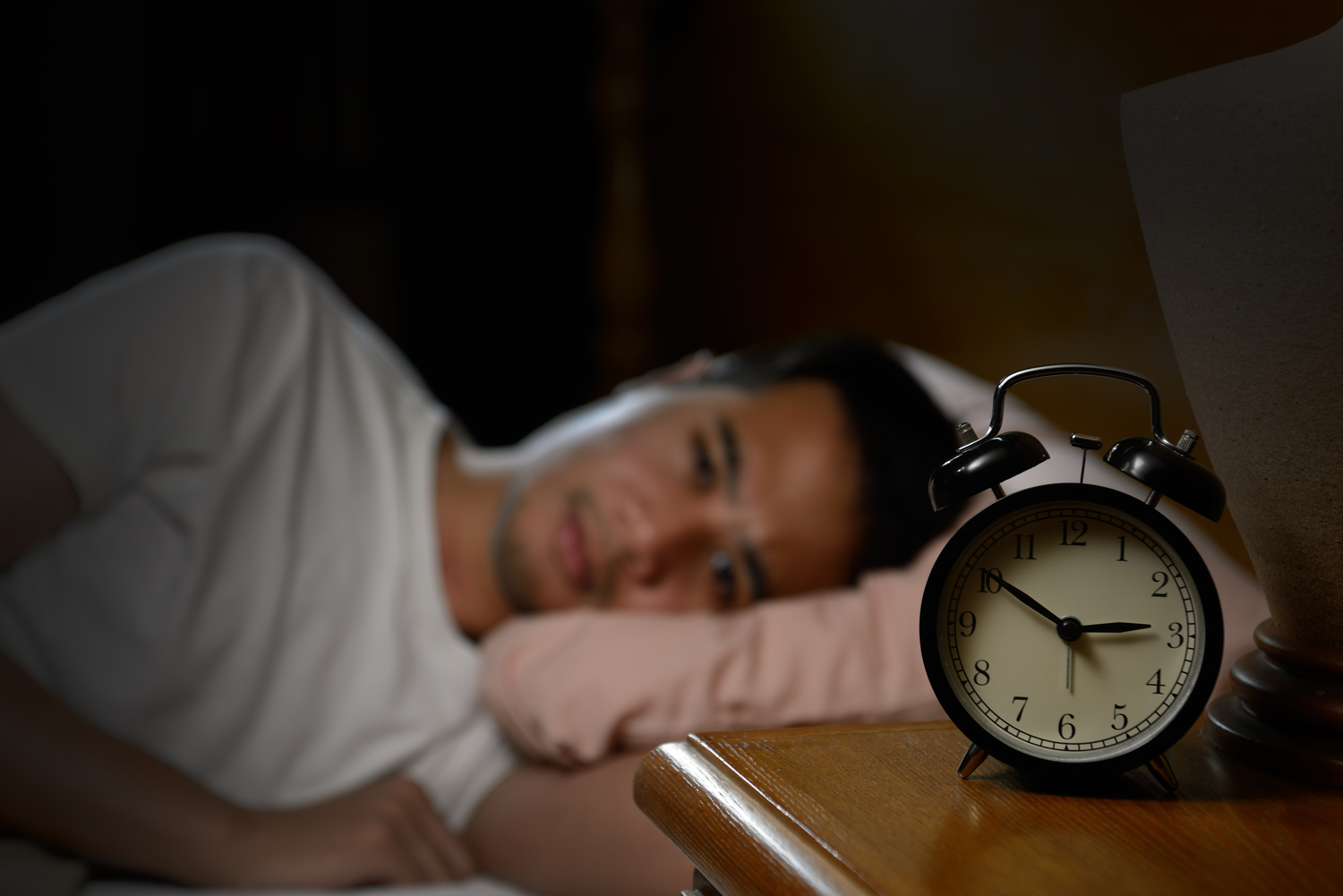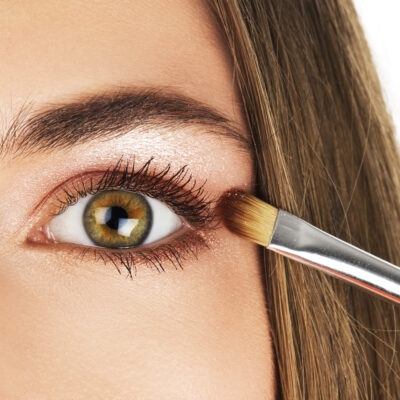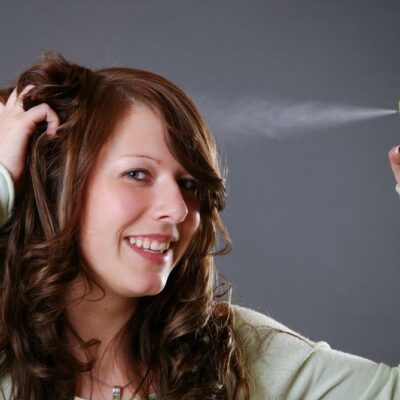
A brief guide to insomnia
According to physicians, insomnia is defined as the inability to fall or stay asleep. Therefore, one can think of insomnia as sleeplessness or wakefulness. It comes from the combination of the Latin words “in” which means negation and “somnus” which means sleep. Thus, it translates to the negation of sleep or sleeplessness. Read on to know more about insomnia, its types, causes, effects, and prevention.
Types
Based on the duration, insomnia is classified into acute and chronic insomnia. Acute insomnia occurs for a short time, and the cause is usually tense situations in one’s life. Chronic insomnia is regular and repeated disruptions in the sleep schedule. It happens more frequently and persists for a longer duration of time.
Causes of insomnia
The causes of insomnia can range from physical to mental conditions. Sleep deprivation can be caused by overuse of some substances or unhealthy eating or sleeping habits. Researchers believe that one of the major causes of insomnia is an imbalance in the body’s sleep cycle and wake cycle. The factors mentioned below may also lead to insomnia.
- Stress
Stress is inevitable in today’s world. People often struggle to balance their personal and professional lives. Many people also tend to overthink which can cause the brain to be overactive at night. The cause of stress can also be traumatic experiences, which can include the death of a loved one, divorce, and the like. - Overeating late at night
Who doesn’t love a midnight snack? However, midnight treats can lead to insomnia. Eating late at night can also cause different kinds of discomfort, such as acidity, heartburn, and so on which can deteriorate one’s quality of sleep. - Medical conditions
Medical conditions, especially the ones that cause discomfort, can be a cause of insomnia. These conditions include asthma, constant pain, and cardiac illnesses among others. - Stimulants
Stimulants are substances that increase activity in the central nervous system. Apart from drugs, other stimulants are caffeine and nicotine. Overconsumption of these substances can lead to sleep deprivation. - Aging
Growing age can also cause insomnia. With age comes a decrease in daily activity, a decline in health, and an increase in medication. At an older age, people’s sleep can get disturbed by changing surroundings and noise. These factors can alter the body clock, leading to irregular sleeping patterns. - Hormonal shifts
Most common in women, changes in hormone secretion during the menstrual cycle or menopause causes discomfort such as cramps, night sweats, and mood swings. It can make a woman feel too uneasy to sleep.
Effects
Insomnia leads to dissatisfaction with one’s sleep schedule. It can also cause any or all of the following symptoms:
- Fatigue
- Poor concentration
- Low performance
- Mood swings
Prevention
All of us have heard the age-old advice of prevention being better than cure. Given below are the steps one can take to prevent insomnia:
- Follow a consistent sleeping and waking schedule
- Refrain from heavy eating or drinking before bedtime
- Avoid substances such as nicotine and alcohol
- Listen to soft music or read as a regular bedtime activity


